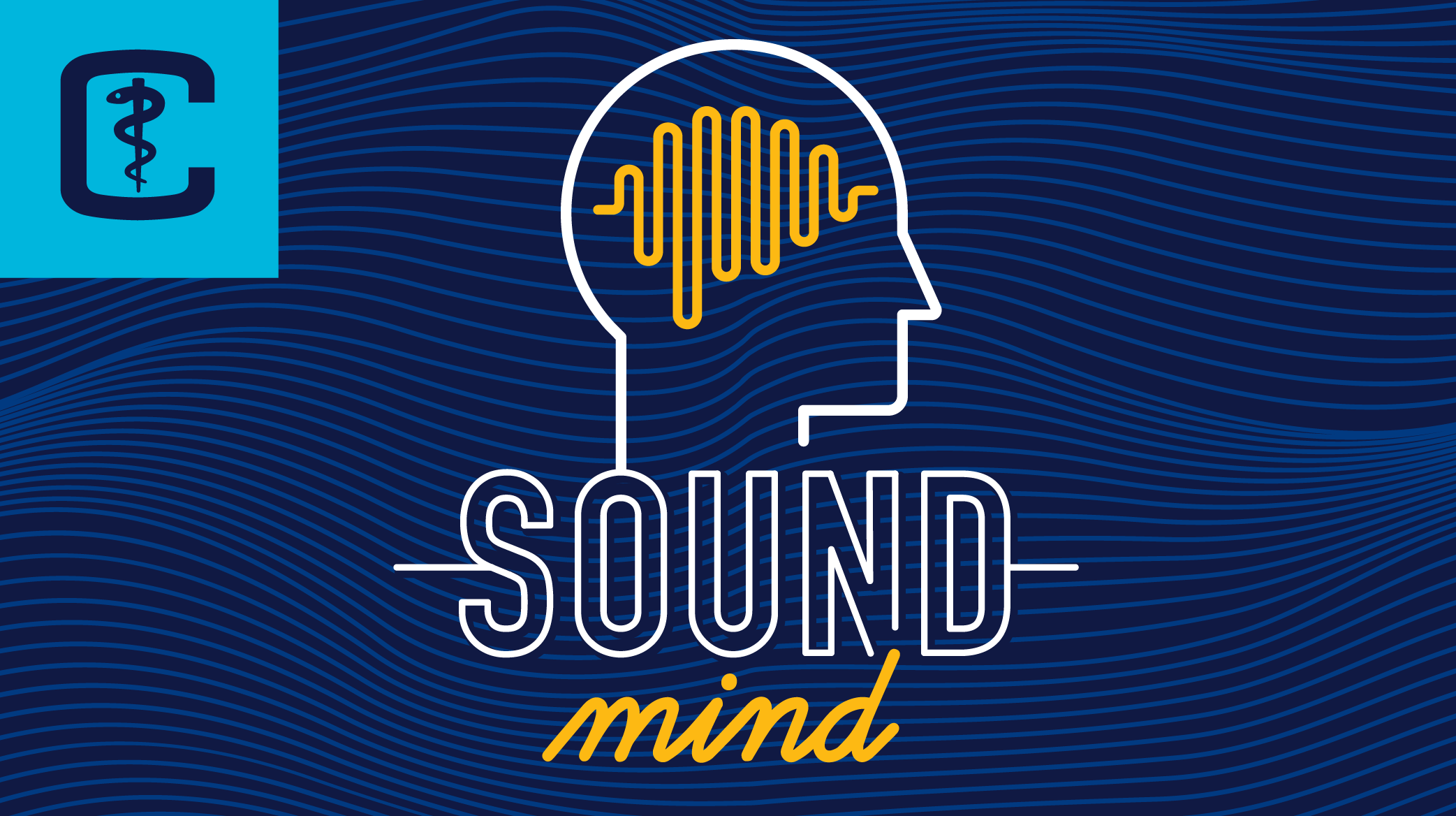
How we’re doing. Really.
Burnout, depression, anxiety: These are long-standing challenges within medicine. But since the pandemic was declared, physicians’ mental health has continued to deteriorate. Now, new health and wellness data from the Canadian Medical Association sheds light on the seriousness of the situation.
Being Indigenous in med school
Medical school is tough enough. For Indigenous students, it can also be fraught with racism, and the pressure to share their cultural ‘expertise’ with teachers and classmates.
The benefits of team-based care
The shortage of health care workers in Canada is a growing crisis. The daily tradeoffs of caring for patients while keeping up with administrative demands is leading to burnout – and prompting some professionals to trade private clinics and hospitals for team-based practices.
Meaning in medicine: Frontline physicians in Ukraine
The strain of working in a health system on the brink – not to mention two years of a pandemic – can erode the sense of meaning that motivates so many physicians. But two emergency doctors, Anthony Fong in Vancouver and Daniel Kollek in Hamilton, found inspiration by going towards, rather than away, from crisis on a volunteer medical mission in Ukraine.
The ‘Great Resignation’ comes to medicine
Job dissatisfaction, combined with increasing levels of burnout, is bringing the so-called ‘Great Resignation’ to medicine. Preliminary data from the Canadian Medical Association’s National Physician Health Survey shows nearly half of those surveyed (46%) are considering reducing their clinical hours in the next two years. OB-GYN Dr. Kathy Bonapace shares the difficult decision she made to quit her busy practice in rural Quebec.
Dr. Mom and COVID-19: The stress of being in constant demand
Working mothers have suffered tremendous levels of stress throughout the pandemic – and doctors are no exception. A recent study found that physician mothers scored substantially higher on measures of anxiety and depression than physician fathers, in part because they’ve had to take on a disproportionate share of the increased childcare and online schooling needs.
Code White: Protecting ED staff from workplace violence
Code White is a measure used in many health care settings to alert workers to a real or perceived threat of violence. These days, the codes are being declared more frequently, especially in emergency departments. Join Dr. Howard Ovens as he shares what his colleagues endure every day, including verbal and physical abuse and sexual harassment, and find out why the Canadian Association of Emergency Physicians is calling for a national plan to improve safety and security in emergency departments.
Death threats and safety protocols: the troubling new reality for many physicians
Physician advocates never imagined being the targets of intimidation and death threats for supporting public health measures during the pandemic. But it’s happening. Three doctors -- Nili Kaplan-Myrth, Naheed Dosani and Jennifer Kwan -- open up about the impact these violent threats have had on their wellness and the steps they are taking to protect themselves, their families, their staff and patients.
The personal cost of leading Canada’s public health response to COVID-19
For most physicians, the fight against COVID-19 took place away from public scrutiny. But for public health physicians, their words, their work, and sometimes their raw emotions, have taken centre stage. Two of Canada’s chief medical officers of health – Dr. Saqib Shahab from Saskatchewan and Dr. Catherine Elliott from the Yukon – share the toll the pandemic has taken on them and their colleagues.
Threats, harassment and trolls: Is being a “public” medical voice worth it?
Dr. Amy Tan shares how she endured months of online harassment during the pandemic for defending racialized communities. Dr. Najma Ahmed, trauma surgeon and co-founder of Canadian Doctors for Protection from Guns, talks about being the target of pro-gun activists, the toll it took on her mental health and the support systems that helped her to not back down.
Racism in medicine
Dr. Kenneth Fung, clinical director of the Asian Initiative in Mental Health at Toronto Western Hospital, and Dr. Joseph Mpalirwa, family physician at Toronto’s Casey House and co-author of a recent study on Black physicians’ experiences of racism, talk about racism in medical culture, why it persists and how it affects physicians, residents and medical students.
Building the peer support physicians need
Dr. Jo Shapiro, surgeon and founder of the US-based Center for Professionalism and Peer Support, talks about the value of peer support, the “must-haves” for successful support programs and how she sees the pandemic affecting physician health and current support programs.
Battling physician burnout
Dr. Jillian Horton, physician, educator and author of the new memoir, We Are All Perfectly Fine, talks about her own struggles with burnout, and the ways in which medical culture is failing physicians and learners.
Unprecedented: COVID-19 and its impact on physician wellness
Dr. Joy Albuquerque, medical director of the Ontario Medical Association’s Physician Health Program, reflects on the mental health impacts of the pandemic on physicians and other health care providers.
The special stress of residency
Dr. Stephanie Klein talks about the ground-breaking resident wellness program she founded at North York General Hospital after her twin brother, who was also a resident, died by suicide.
Confronting the “hidden curriculum” in medical school
Dr. Geneviève Moineau, CEO of the Association of Faculties of Medicine of Canada, talks about the expectations and attitudes that make up the “hidden curriculum” and how medical schools are trying to tackle them.
Are you in distress? Get help now.
